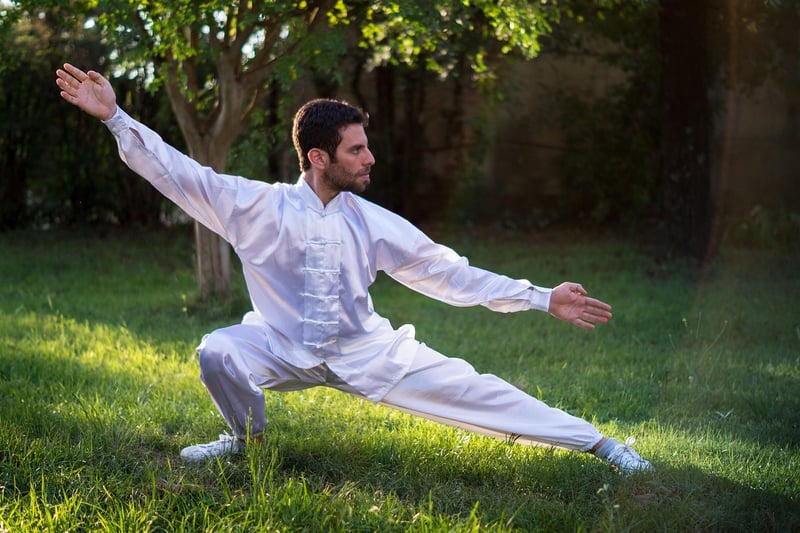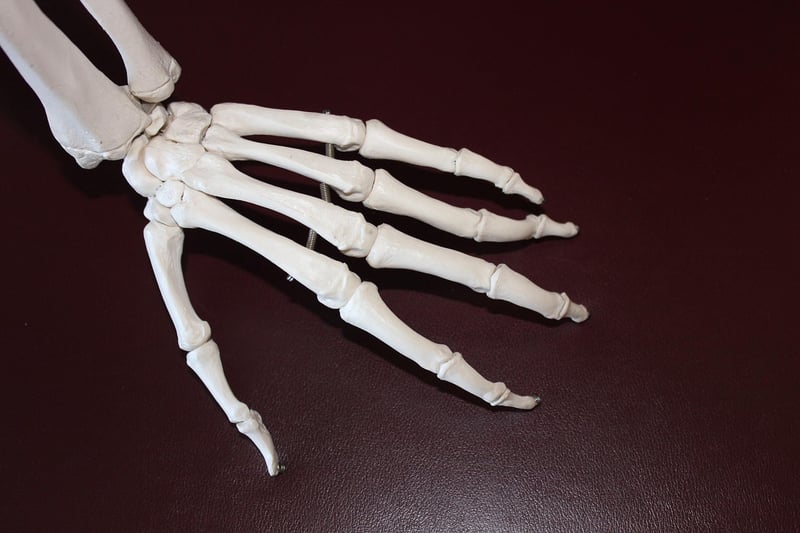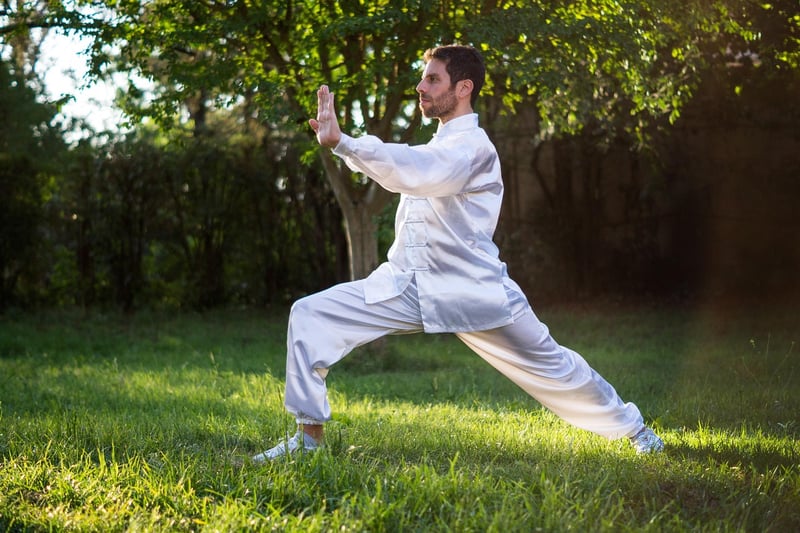Tai Chi for Arthritis
The Power of Balance, Flexibility, and Mindfulness Practice
In today's fast-paced world, finding moments of peace and serenity is crucial for our overall well-being. Incorporating practices that promote balance, flexibility, and mindfulness can significantly improve both our physical and mental health. One such practice that encompasses all these elements is Tai Chi.
What is Tai Chi?
Tai Chi is an ancient Chinese martial art that has evolved into a graceful form of exercise and meditation. It involves a series of slow, flowing movements combined with deep breathing and relaxation techniques. Tai Chi is often referred to as "moving meditation" because of its focus on mindfulness and inner calm.

The Benefits of Tai Chi
Tai Chi offers a wide range of benefits for both the body and the mind:
- Improves balance and stability
- Enhances flexibility and range of motion
- Reduces stress and anxiety
- Boosts mood and overall well-being
- Strengthens muscles and improves cardiovascular health
Tai Chi for Arthritis
One specific area where Tai Chi has shown remarkable results is in managing arthritis. The gentle, low-impact nature of Tai Chi makes it an ideal exercise for individuals with arthritis. Regular practice can help reduce pain, stiffness, and improve joint function.

If you are considering starting Tai Chi, especially for arthritis management, it is essential to consult with your healthcare provider or a qualified Tai Chi instructor to ensure you are practicing safely and effectively.
Embark on the journey of balance, flexibility, and mindfulness with Tai Chi, and experience the profound benefits it can bring to your life.
Remember, the key to well-being lies in finding harmony between body and mind, and Tai Chi offers a path to achieve just that.
